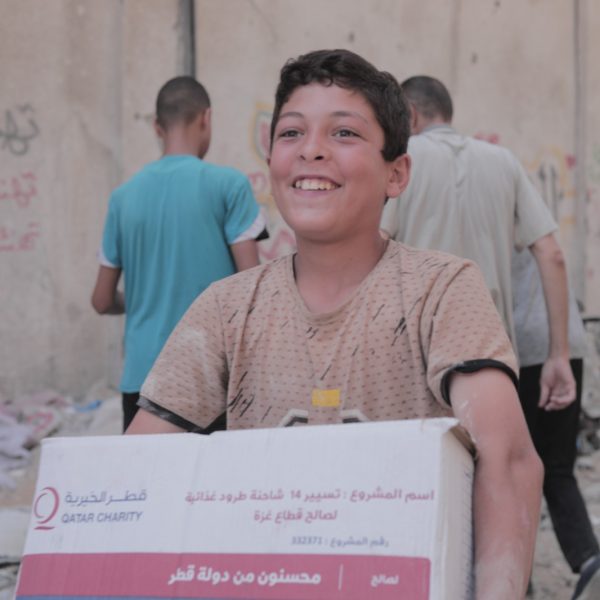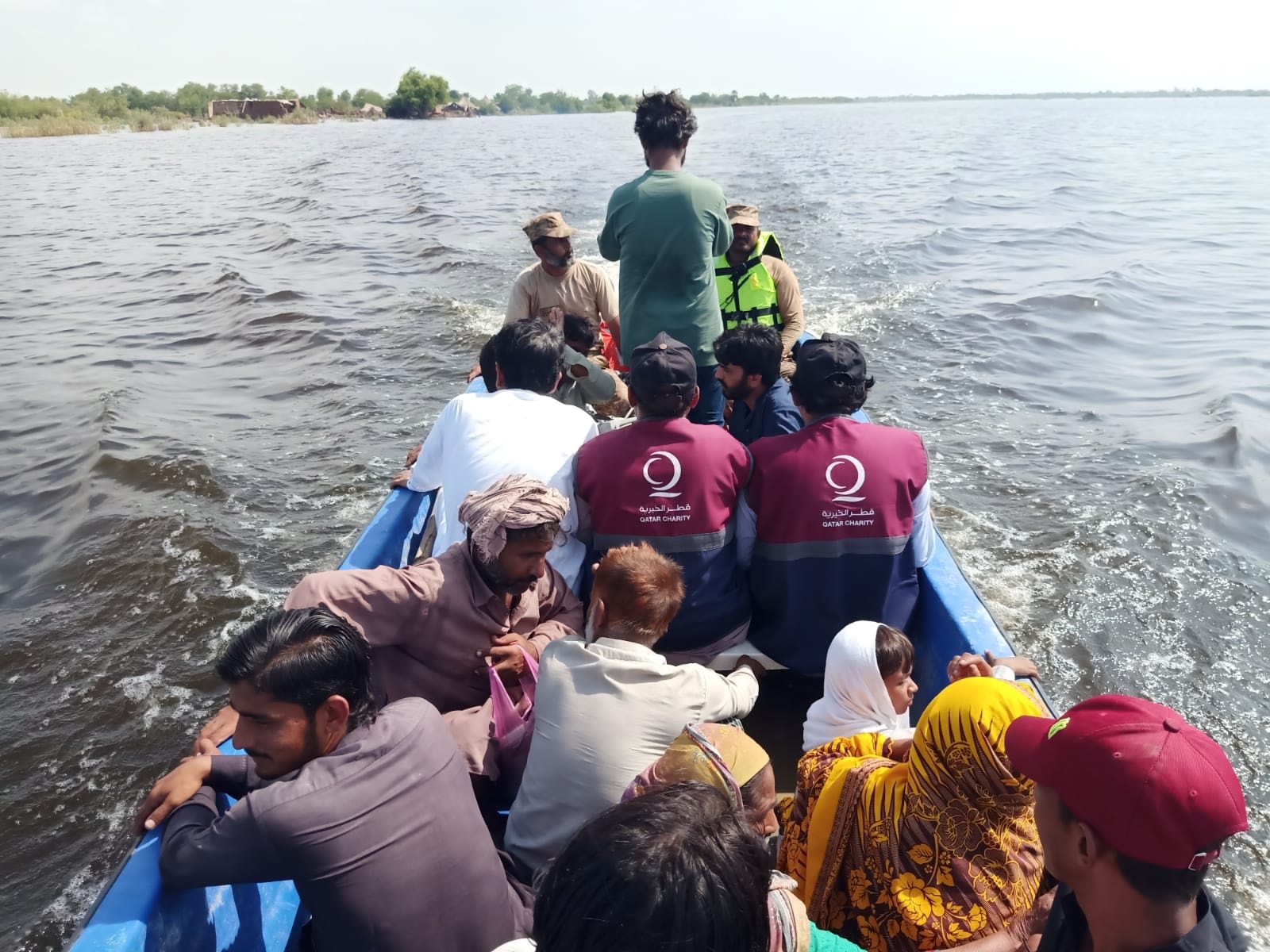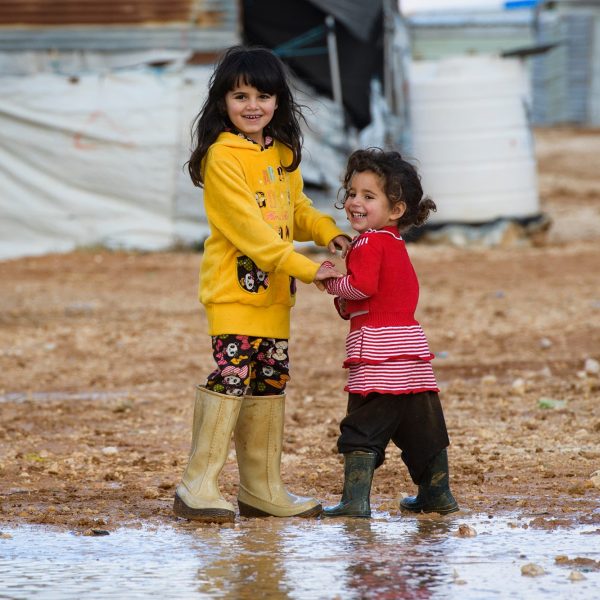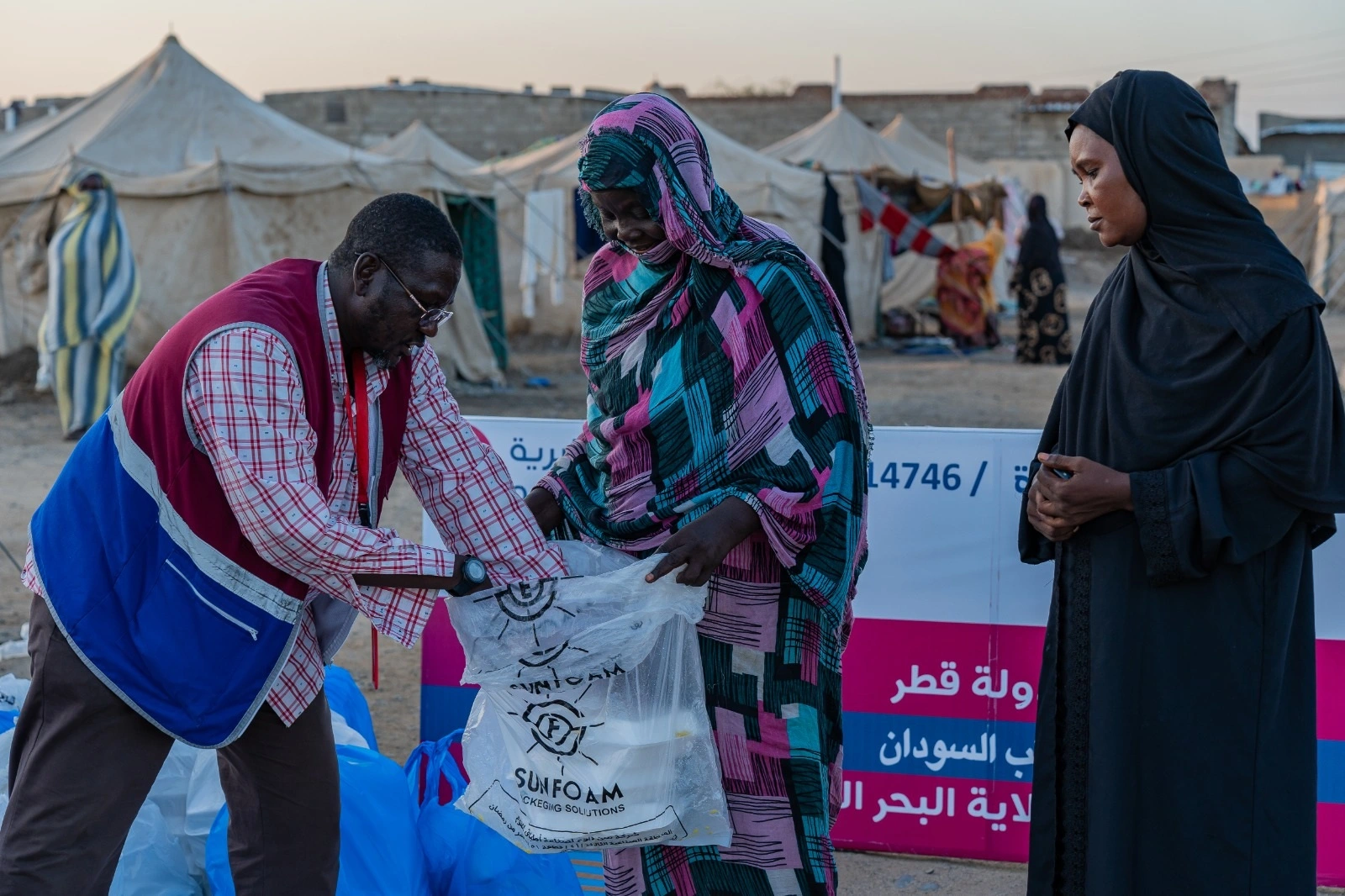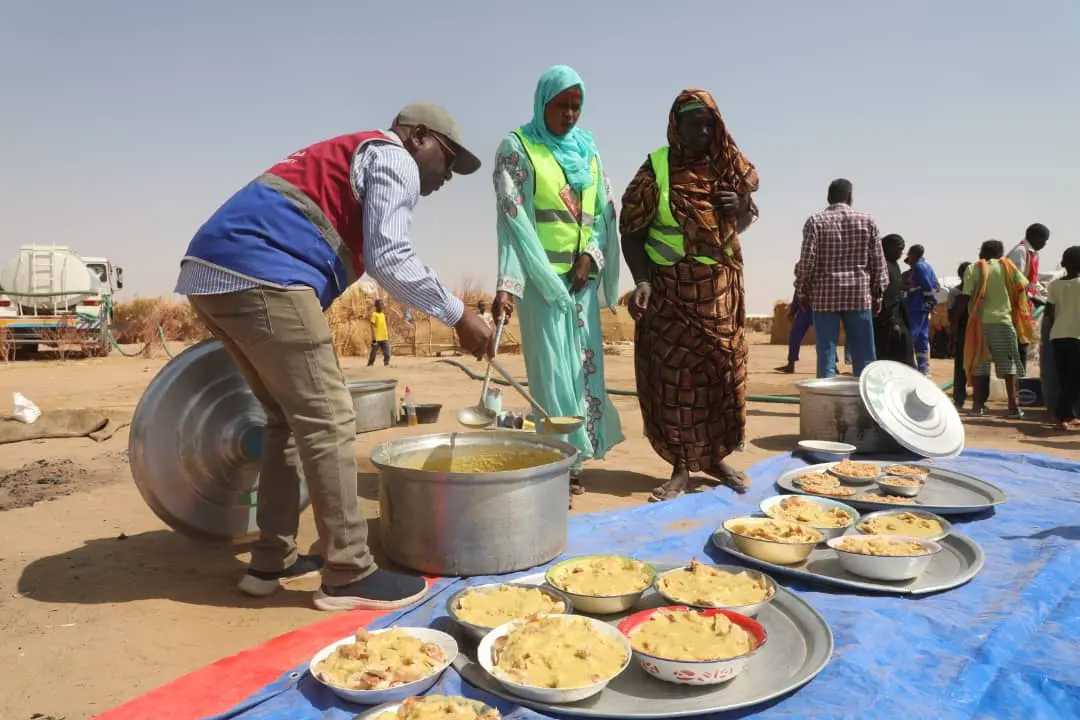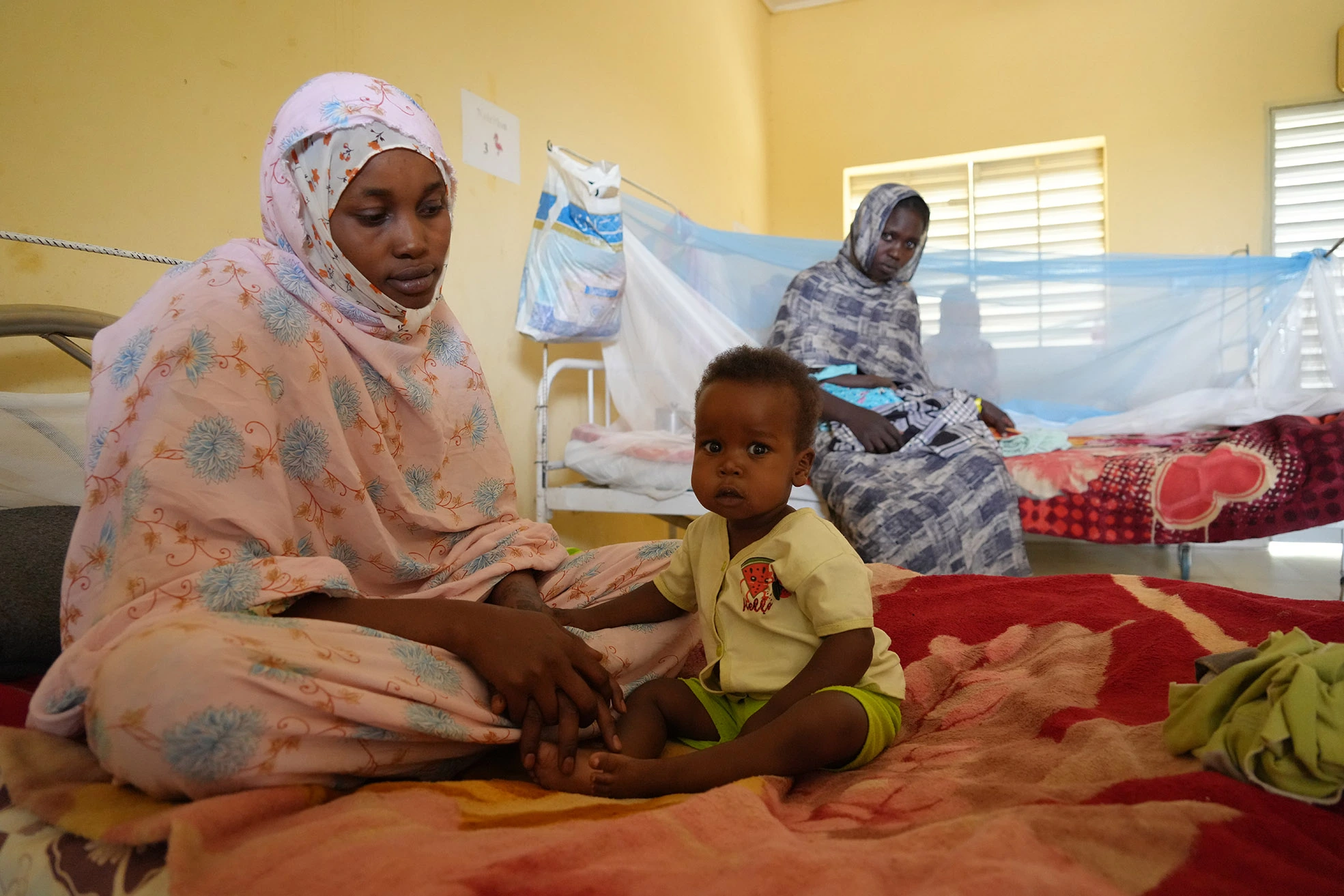Humanitarian situation in Gaza Strip is past breaking point, due to the unjust blockade imposed on it for more than 15 years. Recent attacks have deepened the suffering of Gaza’s people causing severe losses in lives, properties and infrastructures. According to official Palestinian reports, 44 Palestinians were killed during these attacks including 15 children, 360 people were injured with varying severity, and 1,764 housing units were damaged.
Table of contents
Gaza Strip situation following recent attacks
Attacks on Gaza Strip have escalated leaving casualties and destruction in several sectors, which further exacerbated the existing humanitarian situation in Gaza.
According to the Palestinian Ministry of Health, the escalation caused 44 deaths among Palestinians including 15 children and 4 women, and 360 injuries of which 151 were children, 58 women and 19 elderly people.
In addition, 1,764 housing units were damaged, affecting 8,500 Palestinian citizens. Eighteen housing units were destroyed completely, 71 to such an extent that it cannot be inhabited, while 1,675 to some extent.
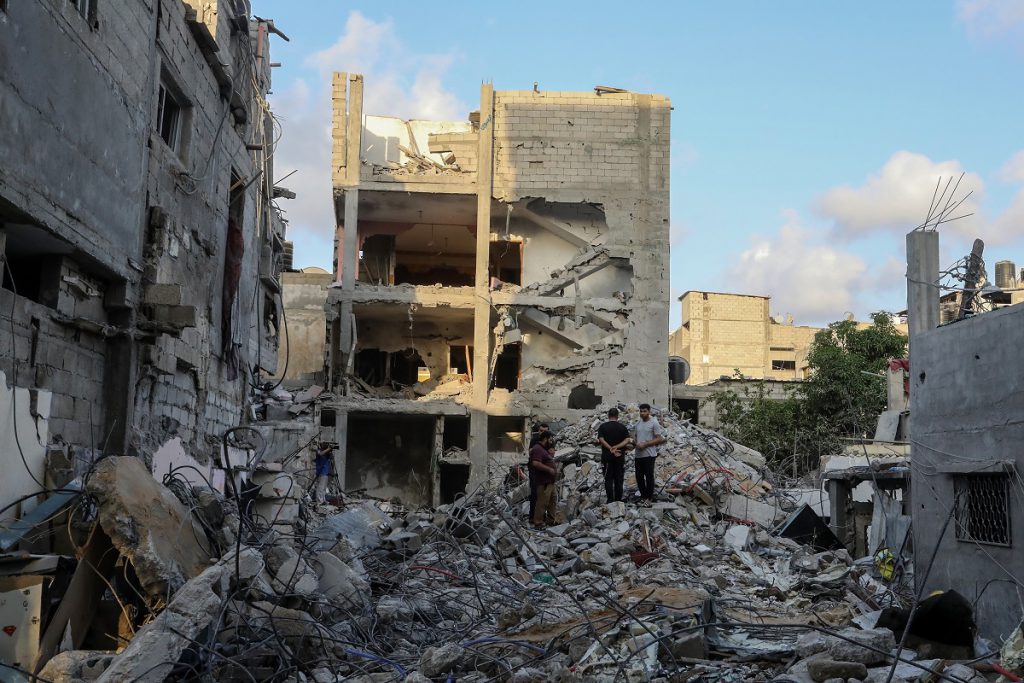
Power outage causes paralysis of vital systems
The power sector in Gaza Strip was also affected by the escalation and crossings closure, resulted in running out of fuel needed to operate its only power plant. Which was shut down as a result causing power cuts up to 20 hours a day. And consequently leading to paralysis of vital systems such as hospitals, water and sewage pumps.
Humanitarian needs and response
The situation in Gaza Strip is beyond dire. If we don’t act now, it will only worsen with this recent escalation. To prevent a worsening of the humanitarian catastrophe in Gaza Strip. It is essential to provide the basic necessities of livelihood, especially food, shelter and healthcare services through:
- Reconstruction of damaged houses.
- Delivery of medicines, laboratory equipments and fuel supplies to major hospitals.
- Provision of food/ non-food items to the affected and vulnerable groups.
- Support for poor farmers and fishermen.


